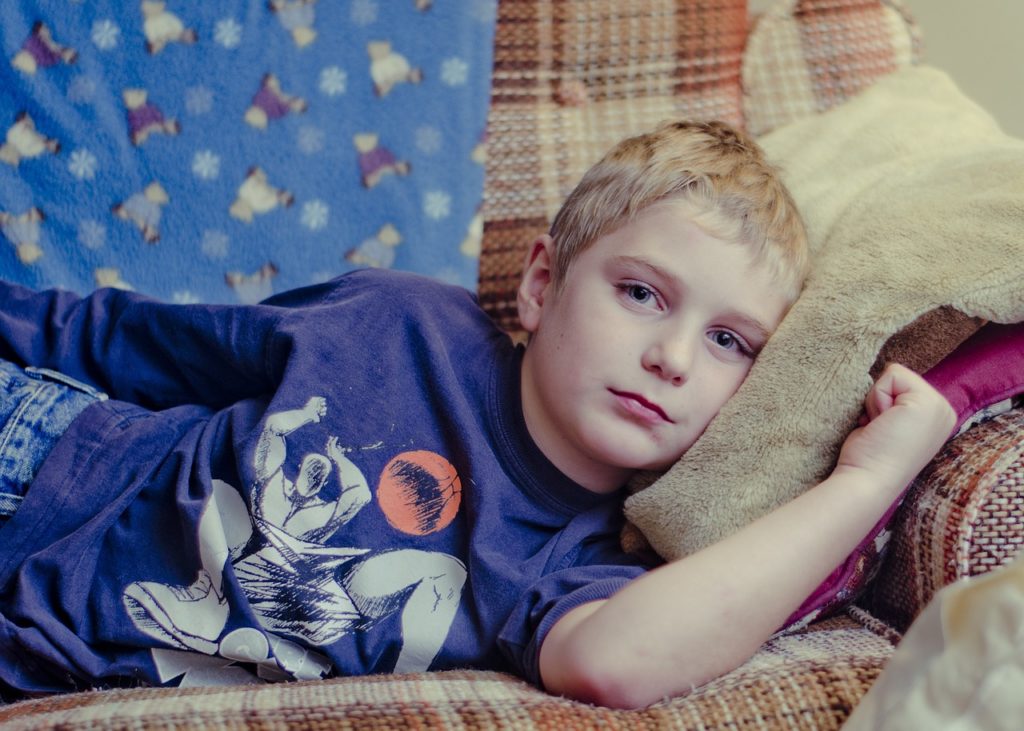When to Worry About Changes in Child Behavior After Divorce: Part 2

In the first post of our two-part blog series on child behavior changes after divorce, our family law attorneys at Nottage and Ward discussed the behavioral changes that may occur in children up to five-years-old, or pre-school age. In the final post of this series, we will be continuing our timeline and discussing the behavioral changes that may occur in elementary through high-school aged children and when those behaviors may signify the need to seek further help for your children.
After divorce, elementary school children, ages five to 11 years, can feel torn between parents and may start taking sides. They can even begin believing that if they behave a certain way then they can get their parents back together. Elementary school-aged children may experience feelings of anger, rejection, loss, sadness, and even guilt. They may try to control situations and may find it hard to share. While such behavior may be natural to an extent, if it gets worse, children may need to speak to a counselor. Parents should not offer false hopes, but should allow their children to express their feelings and should set routines and structure.
Middle and junior high school are tumultuous years from 11 to 14-years-old and a divorce can make them much worse. Children at these ages may turn to peers for support and worry about how their life will be affected. They can also become protective and play the role of the missing parent. Negative, acting out type behavior can also occur with middle/junior high school-aged children, but it is important that such behaviors are dealt with. If they get worse, it may be that the child is deeply troubled and should talk to someone. At this age, parents should encourage outlets like sports and exercise and children should have a say in visitation plans.
In high school, children are older and even almost adults themselves. They will likely be concerned with money and may resent that their parents’ divorce has disrupted their lives; they may also be embarrassed by their parents’ behavior (depending on the circumstances). Fear of intimacy may also result. At the same time, high school-aged kids can act beyond their age and will be able to adapt to their new situation, but only with the proper guidance. Without this guidance, parents can find that their older children can succumb to the stress level and not only fall behind in school but may have difficulty controlling their behavior.
While this information can give parents a general idea of what to expect after the divorce, every situation is different. But one constant is that the child custody arrangement you establish during your divorce can have a significant effect on your children’s ability to cope with the transition. At Nottage and Ward LLP, our experienced child custody attorneys in Chicago can help you obtain a child custody arrangement that is best for your kids. To learn more, call us for a consultation today at (312) 332-2915.
 We are proud sponsors of Little Black Pearl Art and Design Center.
We are proud sponsors of Little Black Pearl Art and Design Center.
To learn more, click here.
 Proud Member of Friends of the Chicago River.
Proud Member of Friends of the Chicago River.
To learn more, click here.
Client Reviews
![]() 5 Leslie has been the strongest representation I could ask for
5 Leslie has been the strongest representation I could ask for
Leslie has been the strongest representation I could ask for in a very complicated, emotional matter. She has continuously looked out for my best interest and the best interest of my son. She is always prompt in getting back to me and in keeping me well informed about my case.
Read More Client Reviews![]()

